Lead Research Communicator
Malcom is a lead research communicator for Michigan Medicine and research communications strategist for the U-M Medical School, with more than 20 years of experience in strategic communications, marketing, and health and science writing. She covers the basic science departments, pulmonary and critical care medicine, infectious disease, pathology and anesthesiology. Contact: [email protected]


Health Lab
A recent study from U-M offers more insight into the underlying causes of EOE.
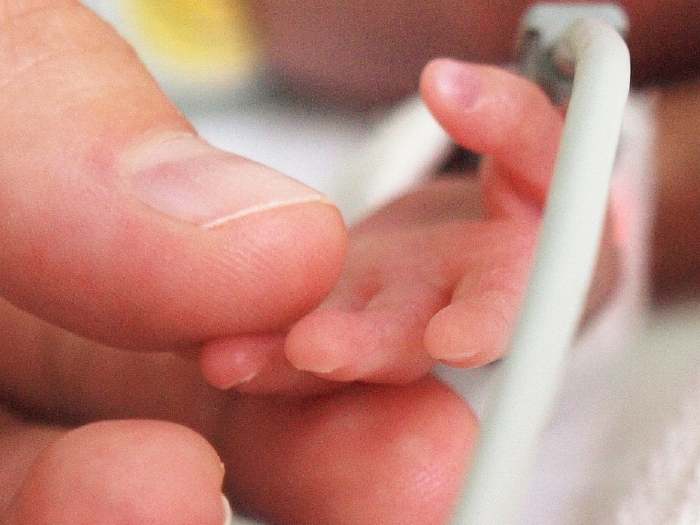
Health Lab
A team developed a new approach for combining microbiome data together while overcoming the noise introduced by the different techniques used in each study into a tool they dubbed MaLiAmPi (Maximum Likelihood Amplicon Pipeline).
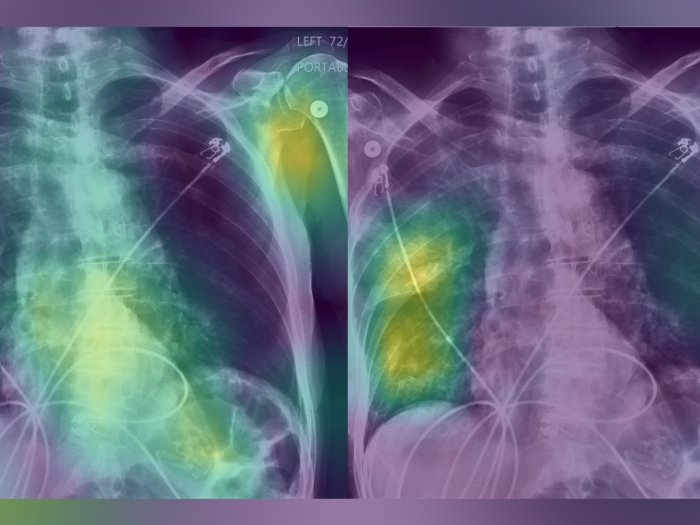
Health Lab
U-M study shows accurate AI models improved diagnostic decisions, but biased models led to serious declines

Health Lab
A Michigan Medicine study published in JAMA Network Open examines past-year use of some of these hemp-derived cannabinoids, including cannabidiol, Delta 8-THC, cannabigerol and cannabinol.
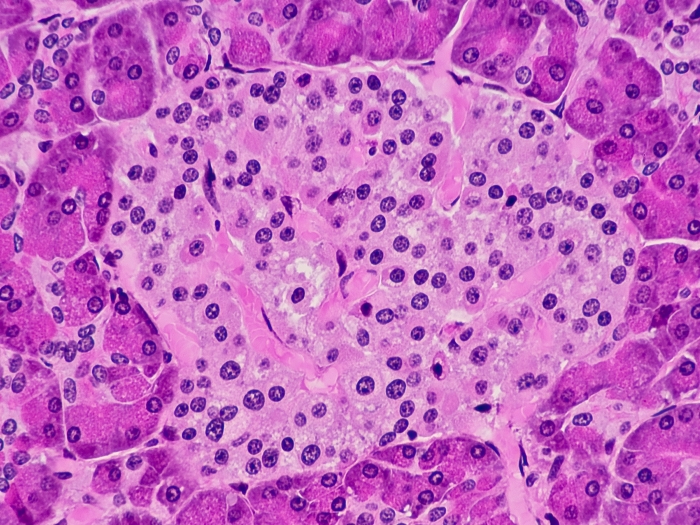
Health Lab
Teams from Vanderbilt University Medical Center and the University of Michigan design a comprehensive study that integrates multiple analytic approaches that has linked a regulatory gene network and functional defects in insulin-producing pancreatic beta cells to type 2 diabetes.

Health Lab
Michigan Medicine researchers have found that growing bacteria on agar mixed with organs is an efficient and effective way to study infectious pathogens.

Health Lab
A Michigan Medicine research team seeks to identify characteristics of patients within nursing homes, as well as the nursing home environment itself, that are associated with contamination by vancomycin-resistant enterococci.

Health Lab
An expert offers advice for those worried sick about their symptoms.
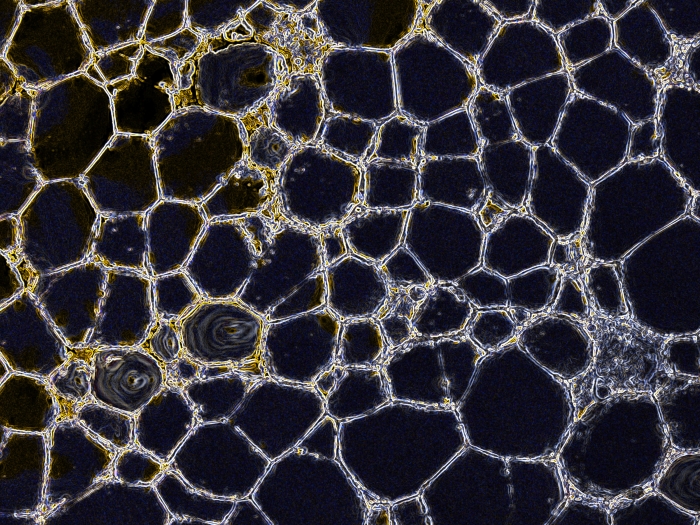
Health Lab
A Michigan Medicine study uses single cell analysis of gene expression combined with spatial transcriptomics to reveal previous unrecognized immune cell types and interactions within adipose tissue. Spatial transcriptomics is a newer technology that captures all gene expression in small spots across an entire thin section of tissue.

Health Lab
The newest COVID vaccine was approved by the Food and Drug Administration and recommended by the Centers for Disease Control and Prevention in September and is rolling out in pharmacies and clinics across the country.
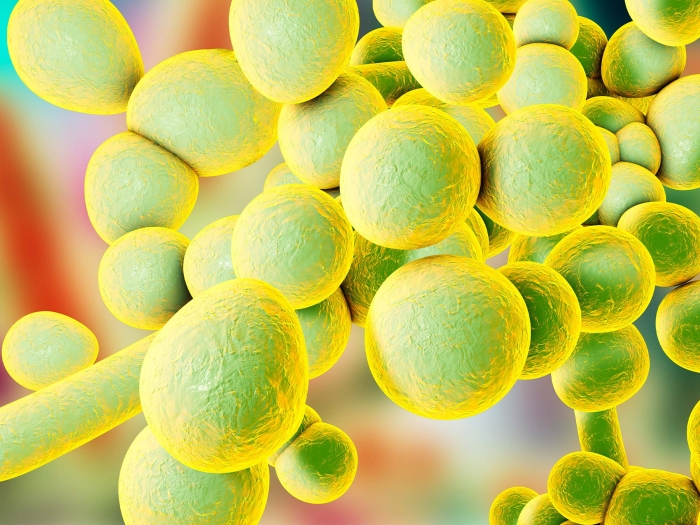
Health Lab
Michigan Medicine researchers have zeroed in on C. auris’ uncanny ability to stick to everything from skin to catheters and made a startling discovery.

Health Lab
Experts at Michigan Medicine are focusing on helping people with chronic pain, which is defined as pain that lasts more than three months.

Health Lab
A study in PNAS identifies a protein that, when missing, makes exercising in the cold that much harder—that is, at least in fruit flies.
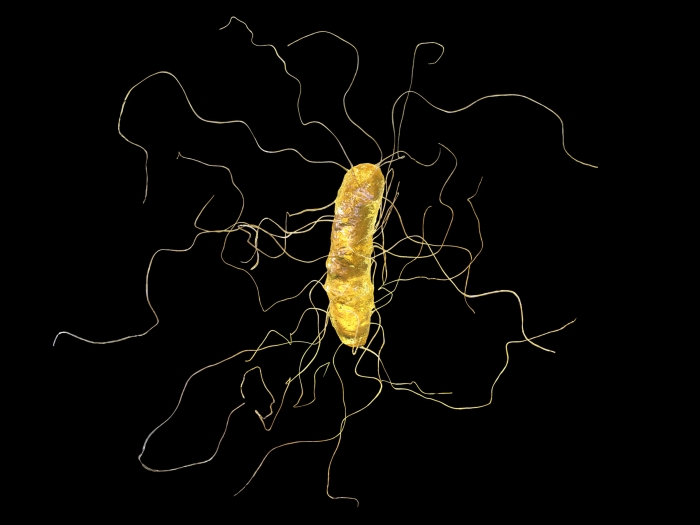
Health Lab
Surprising findings from a Michigan Medicine study in Nature Medicine suggest that the burden of C. diff infection may be less a matter of hospital transmission and more a result of characteristics associated with the patients themselves.
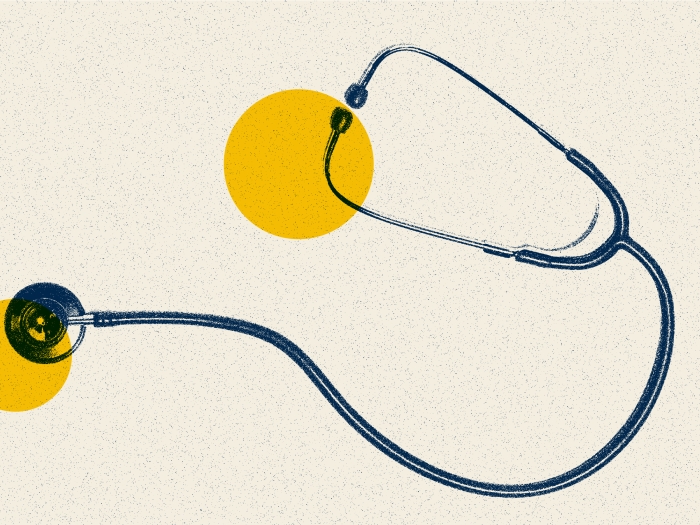
Health Lab
Research from the Department of Molecular & Integrative Physiology at Michigan Medicine identifies a previously unknown genetic mutation that causes the disease called primary aldosteronism in certain populations.